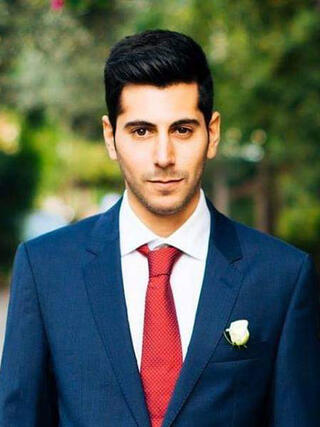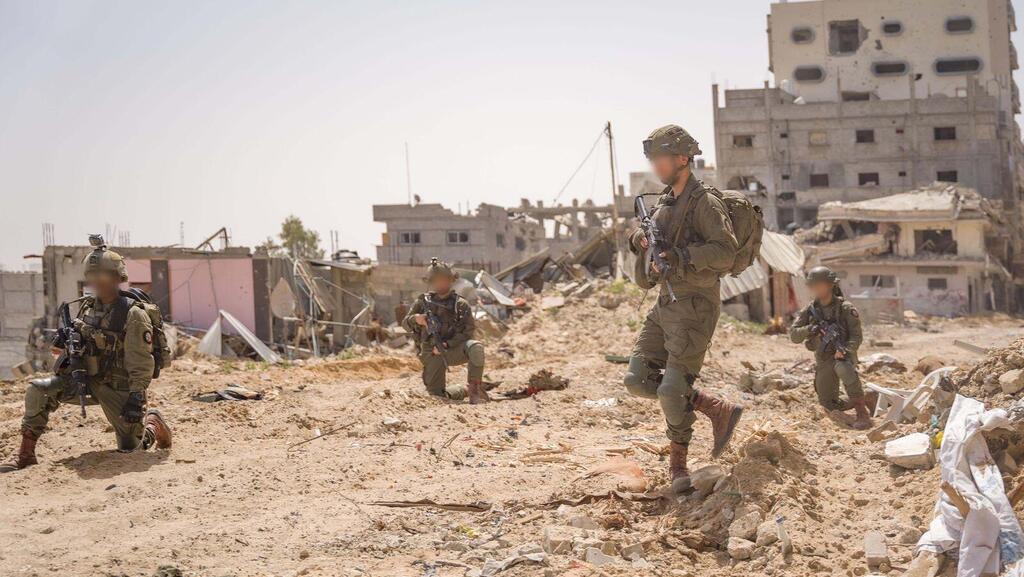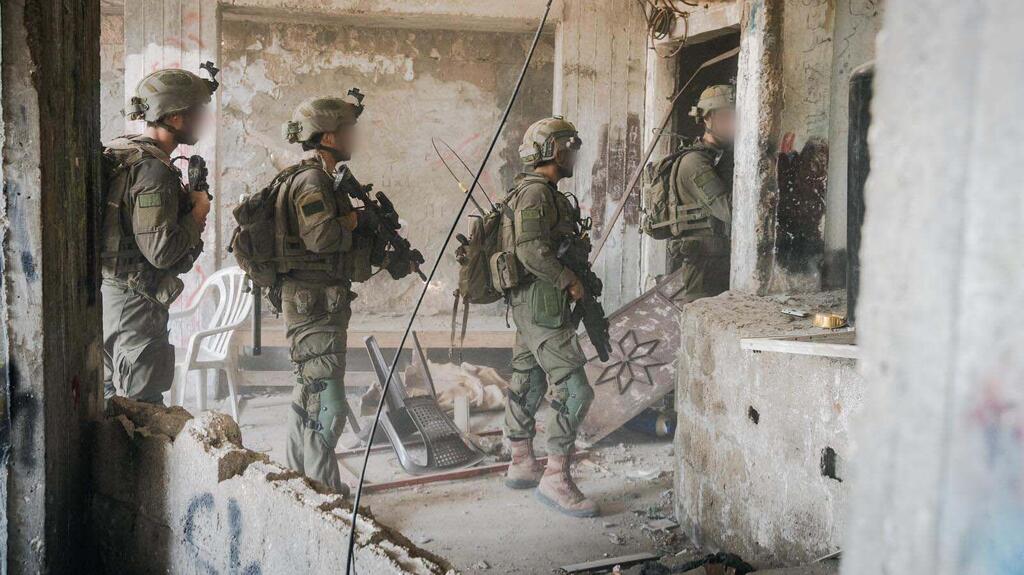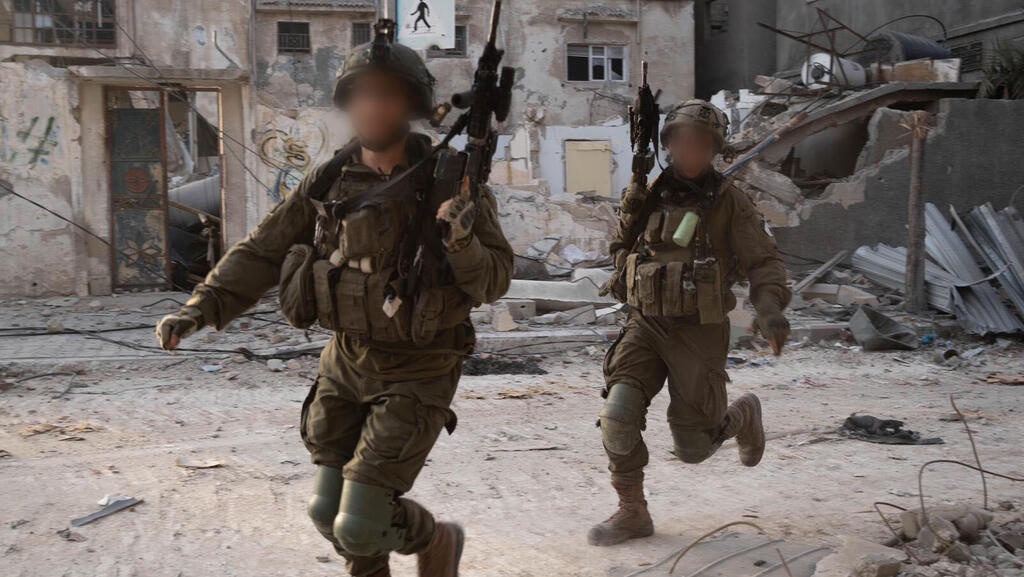The IDF's decision to withdraw the 98th Division from the Gaza Strip indicates that the end of the War in Gaza may be near. Currently, the Nahal Brigade, part of the 162nd Division, is operating in Gaza, focusing on security activities in the Road 749 area, which separates the northern part of Gaza from the rest of the territory. The number of soldiers involved is in the hundreds, a significant decrease from the peak of about 35,000 soldiers (approximately four divisions) during the ground operations.
The IDF is moving toward the third phase of the conflict. The first phase involved aerial attacks on terrorist infrastructure, tunnels, headquarters, and weapon depots, preparing the ground for a potential ground invasion.
The second phase consisted of ground maneuvers into Gaza, divided into sub-phases including maneuvers in the north and Khan Younis. The IDF is now preparing for the third phase, focusing on counter-insurgency and counter-guerrilla warfare to prevent Hamas and other terrorist organizations from regrouping.
However, to fully transition to the third phase, Israel must still conduct ground military operations in the central camps and Rafah. Approximately two Hamas battalions are still present in the central camps, with an entire brigade remaining in Rafah. As long as Hamas maintains its military and governmental capabilities, the shift to counter-insurgency warfare and low-intensity operations in Gaza will be hindered.
Moreover, it's crucial to highlight that the presence of IDF forces in Gaza, even beyond operations in the central camps and Rafah, remains essential. This is especially true for areas already maneuvered by the IDF. For instance, shortly after the announcement of forces withdrawing from Khan Younis, several rockets were launched from that area toward Israel (including on April 8), underscoring the ongoing challenges in the region. Additionally, in recent days, there have been multiple rocket attacks on Israel from Gaza.
The interim phase between the transition from the second to the third stage involves employing military raid tactics. Thus far, the IDF has conducted targeted raids as part of its maneuvers while its forces were within Gaza. It appears that these raids will now continue, but will be carried out outside the Strip, into the cities of Gaza.
Israel should promptly initiate a military campaign in Rafah and simultaneously target the central camps to dismantle all military and governmental entities associated with Hamas. Until Hamas and other terrorist organizations are vanquished from these areas, the objectives of the war will remain unfulfilled. Moreover, rocket attacks are likely to persist unless Israel establishes control over Rafah and the central camps, deploying military forces across the entirety of the Gaza Strip.
Occupying Rafah and the central camps is imperative for neutralizing threats along Israel's northern border. Israel's strategic interests discourage initiating a war with Hezbollah while the war in Gaza persists, as it could divert resources, armaments and operational focus.
 Dr. Omer Dostri
Dr. Omer DostriTherefore, resolving the threat from Lebanon hinges on concluding the initial phase of the Gaza war, transitioning to a strategy focused on systematically dismantling the remaining terrorist infrastructure in the Strip, while concurrently engaging in efforts to confront Hezbollah decisively and eliminate the threat posed by the Shia militant organization.
Dr. Omer Dostri is a military strategy and national security expert, and a researcher at the Jerusalem Institute for Strategy and Security (JISS) and the Israel Defense and Security Forum-Habithonistim.





